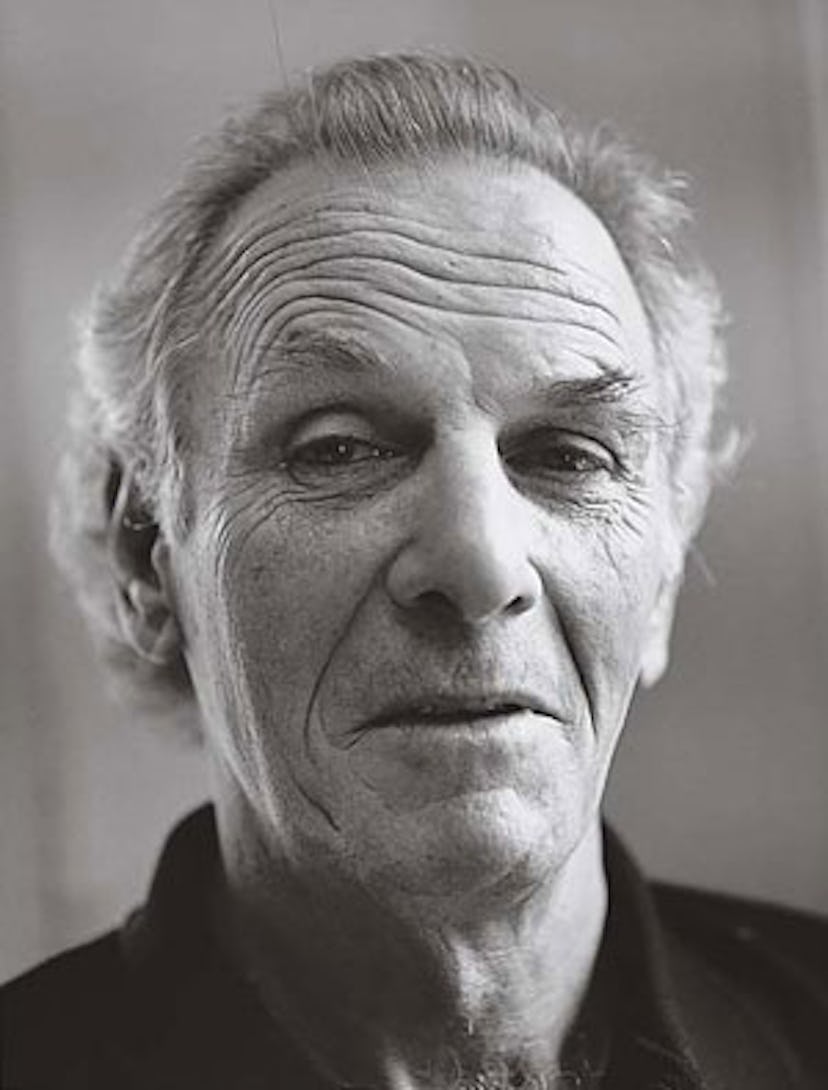The Elephant Man

Mark Shand will always remember the moment he spotted his first love, Tara, during a trip to eastern India in 1988. As he described it in a best-selling book, the encounter changed his life forever: “With one hind leg crossed over the other, she was leaning nonchalantly against a tree, the charms of her perfectly rounded posterior in full view, like a prostitute on a street corner. I knew then that I had to have her.”
Little matter that Tara weighed 6,000 pounds, or that her skin was so wrinkled that no amount of Botox could be of any help. As Asian elephants go, Tara was quite a specimen, and Shand, the younger brother of Camilla, Duchess of Cornwall, was hooked. Now 56, Shand has become the Grizzly Adams of the pachyderm world and is dedicating his career to helping Tara and her kin. “Save the elephants, and then you save the forest—and then you save yourself,” says Shand, cofounder of Elephant Family, a London-based charity that works toward the preservation of Asian elephants.
“Can you imagine a world without elephants?” asks Shand, flicking his cigarette into a ceramic ashtray shaped like one of his beloved beasts. This summer Shand will host a fundraiser at Selfridges, matching generous Londoners with eligible animals, and last September he organized an auction that raised about $200,000 to expand an elephant habitat in Kerala, India.
Shand, who is also a travel writer, founded the charity in 2002 with four partners and help from financial backers Sir Evelyn de Rothschild and Bruce Weber. Goldie Hawn, Diane von Furstenberg, and Ben and Zac Goldsmith later came on board. The Asian elephant is smaller than its African cousin and is greatly endangered because its natural forest habitat is being wiped out by population growth—especially in India. The result has been a new generation of displaced and angry pachyderms who regularly trample villages. “We’ve basically changed the psyche of a peaceful herbivore into a killer,” says Shand, sitting in the homey headquarters of the charity near the British Museum. “Elephants are so bright; they’ve got the same emotions as us. I’ve known elephants with broken hearts, others with depression.”
Those who know Shand say his mission comes from the heart. “Mark will fight until his last dying breath to preserve the Asian elephant,” says his nephew Ben Elliot. “He is engrossed to his very core.”
Elephants were not always the center of Shand’s universe. He spent the first part of his adult life traveling the globe with his friend Harry Fane, buying and selling antiques, vintage Cartier jewelry and objets d’art. (Fane went on to become one of London’s top vintage jewelry dealers and is now owner of the Verdura showroom.) When the business turned serious, though, Shand says he couldn’t bear the thought of wearing a suit every day. He decided to keep traveling around Africa, India and Indonesia. In 1987 he wrote Skulduggery, a book about his experiences, some involving the cannibals of the Indonesian jungle. “We nearly got killed many times,” says Shand, who also counts adventurer and photographer Peter Beard among his friends. “I’ve molded myself quite a bit on him. There’s not so many of us left,” he adds with obvious pride.
“Okay, so I haven’t really made any money—but at least I know I’ve lived,” says Shand, who is married to the French-born Clio Goldsmith, a daughter of ecologist Teddy Goldsmith and first cousin to Jemima Khan. The couple have a 13-year-old daughter, Ayesha.
As for Tara, upon whose back Shand famously rode more than 600 miles across India in 1988, she currently resides near Kanha National Park in central India. “She’s a pampered princess now,” says Shand. “My next job is to find her a husband, and I’ve been keeping my eye out for the One. She’s only in her 40s—still a young thing. A bit of a Bridget Jones.”